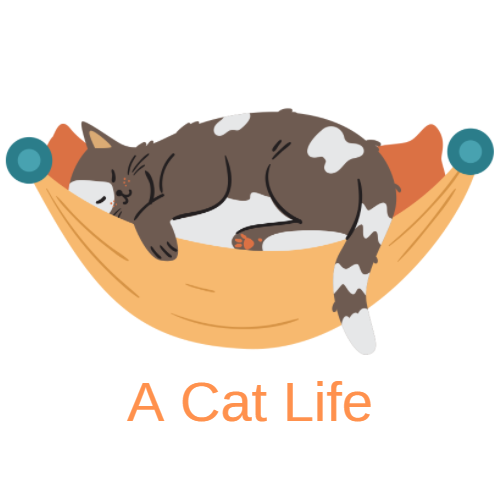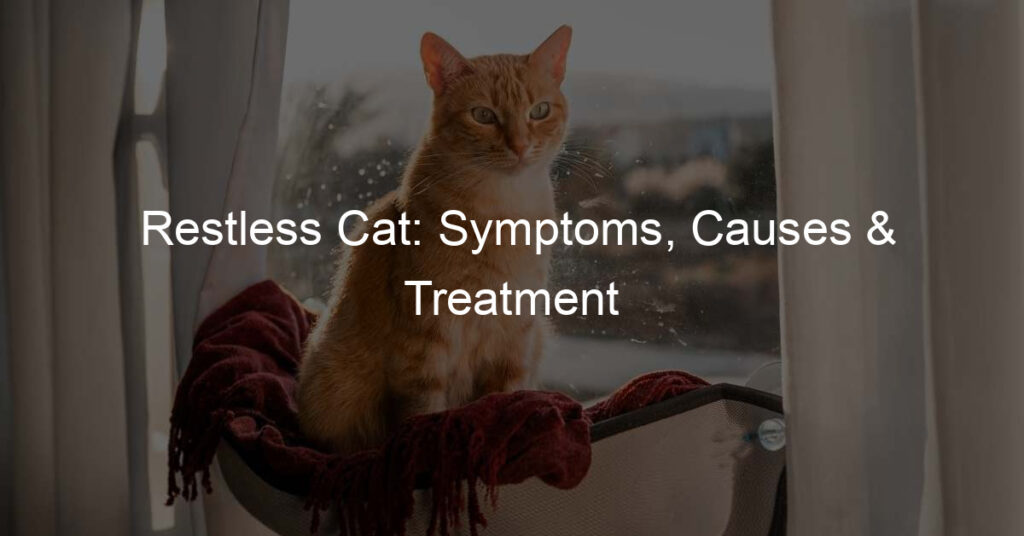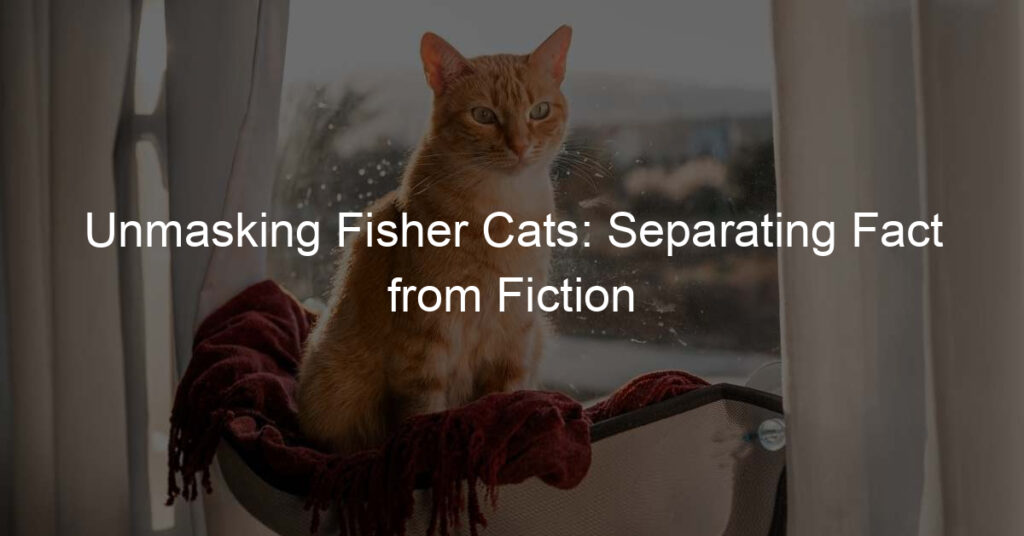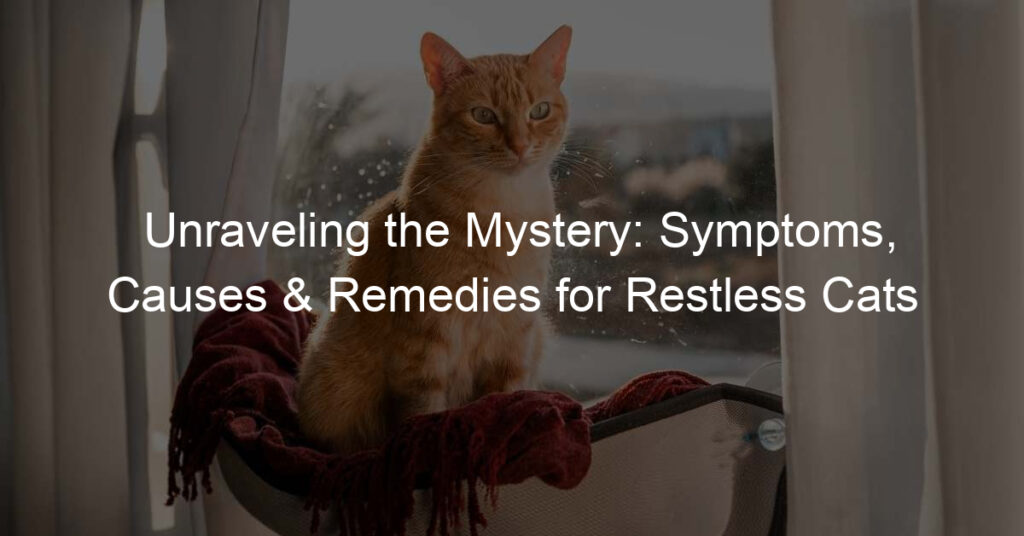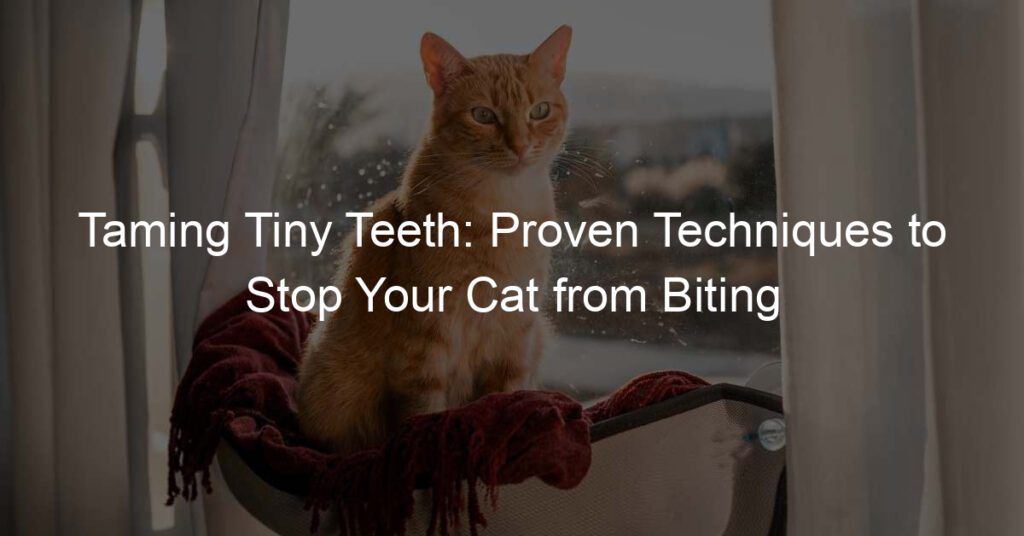Are you the proud owner of a restless cat? If so, you’re probably all too familiar with the late-night antics of your feline friend. But what exactly is restlessness in cats, and what can you do to help your kitty feel more relaxed? Keep reading to find out everything you need to know about restless cats.
Why is my cat restless and pacing?
Your cat’s pacing and restlessness could have a few different causes. Stress is a main culprit, especially if you’ve recently moved or are having visitors over. Your cat may also be feeling anxious about changes in their environment or routine.
Cats are naturally curious creatures, so don’t forget to make sure your space is stimulating, with plenty of toys, scratching posts, and lounging areas for your kitty to enjoy. If the behavior continues despite environmental enrichment or has become aggravated with time, it could be a sign of a health issue such as an upset stomach or an injury.
Consulting your vet can help determine what is going on and how to remedy it quickly and safely!
How do you treat a stressed cat?
Cats, like any creature, can become overwhelmed by stress at times. To help your cat cope in these trying times, it is important to create a calm and secure environment free of threats and disturbances.
Taking the time to just sit with a distressed kitty and give them a bit of petting and reassuring words will go a long way towards helping them relax. If their worrisome behavior is related to isolation, you may need to try ways that help fulfill their need for companionship through social interaction or play therapy. Several other methods are successful in easing anxiety in cats as well, such as Feliway diffusers and natural supplements like Hibiscus rosa-sinensis extract.
Ultimately though, it takes patience and dedication from you as the pet parent to treat your furry friend’s stress problems effectively.
How do you calm a restless cat?
One of the best ways to calm a restless cat is to create an environment that encourages relaxation. Start by removing any elements of the room that may be stressing them out, such as loud noises or overwhelming odors. Then think about activities that your cat enjoys and set up a space just for them, such as a scratching post or a window to bird watch from. Additionally, look into therapeutic toys like puzzles and other interactive games that can stimulate your feline friend. If little else works, offer catnip as an occasional treat! This will have them in a relaxed state in no time!
How can I treat my cat’s anxiety naturally?
When dealing with a pet’s anxiety, it is important to remember that the same strategies used for human health and wellness can also be used for our pets. There are many natural ways to help your cat manage its anxieties.
Start by creating a comfortable, low-stress environment in your home. Making sure your cat has plenty of things to do will keep them from getting bored and help them form positive social bonds with you and other animals. Exercise can also help reduce anxiety in cats; try playing fetch or exploring the outdoors on a leash!
Additionally, meditation and bodywork are excellent methods of addressing stress in cats; giving them regular massages or brushing sessions can help soothe their nerves, while aromatherapy with calming scents may prove beneficial too. With a little patience and dedication, treating your cat’s anxiety naturally is within reach!
What are the symptoms of anxiety in cats?
Symptoms of anxiety in cats can range from subtle signs like hiding or pacing to more obvious signs such as excessive meowing or aggression toward other animals or people.
In general, cats who display signs of anxiety may show an increase in clingy behaviors, express fear in new situations, or demonstrate obsessive-compulsive behaviors such as excessive grooming. Additionally, changes in appetite and sleep habits are common indicators of an underlying anxious state in felines.
If your cat is exhibiting any of these behaviors it is important to consult with an animal behavior specialist for a comprehensive assessment and develop a plan for managing the anxiety.
Is there medication to calm cats?
Cat owners everywhere know how hard it can be to keep a calm and collected pet in their home. Some cats are simply naturally more active or excitable than others which can make caring for them harder.
Fortunately, there is medication available that can help cats to stay relaxed and collected. Most often these medications are prescribed through a veterinarian and work by calming the nervous system of the cat or acting as an anti-anxiety agent. With careful use, these medications can help cats stay calm, making both their lives and their owners’ lives much easier.
Winding Down, Restless Cat: Symptoms, Causes & Treatment
If your cat is displaying any of these symptoms, it’s important to take them to the vet as soon as possible. While there are many possible causes of feline restless legs syndrome, treatment options are available that can help your cat feel more comfortable. With the help of your veterinarian, you can develop a plan to minimize your cat’s discomfort and improve its quality of life.
